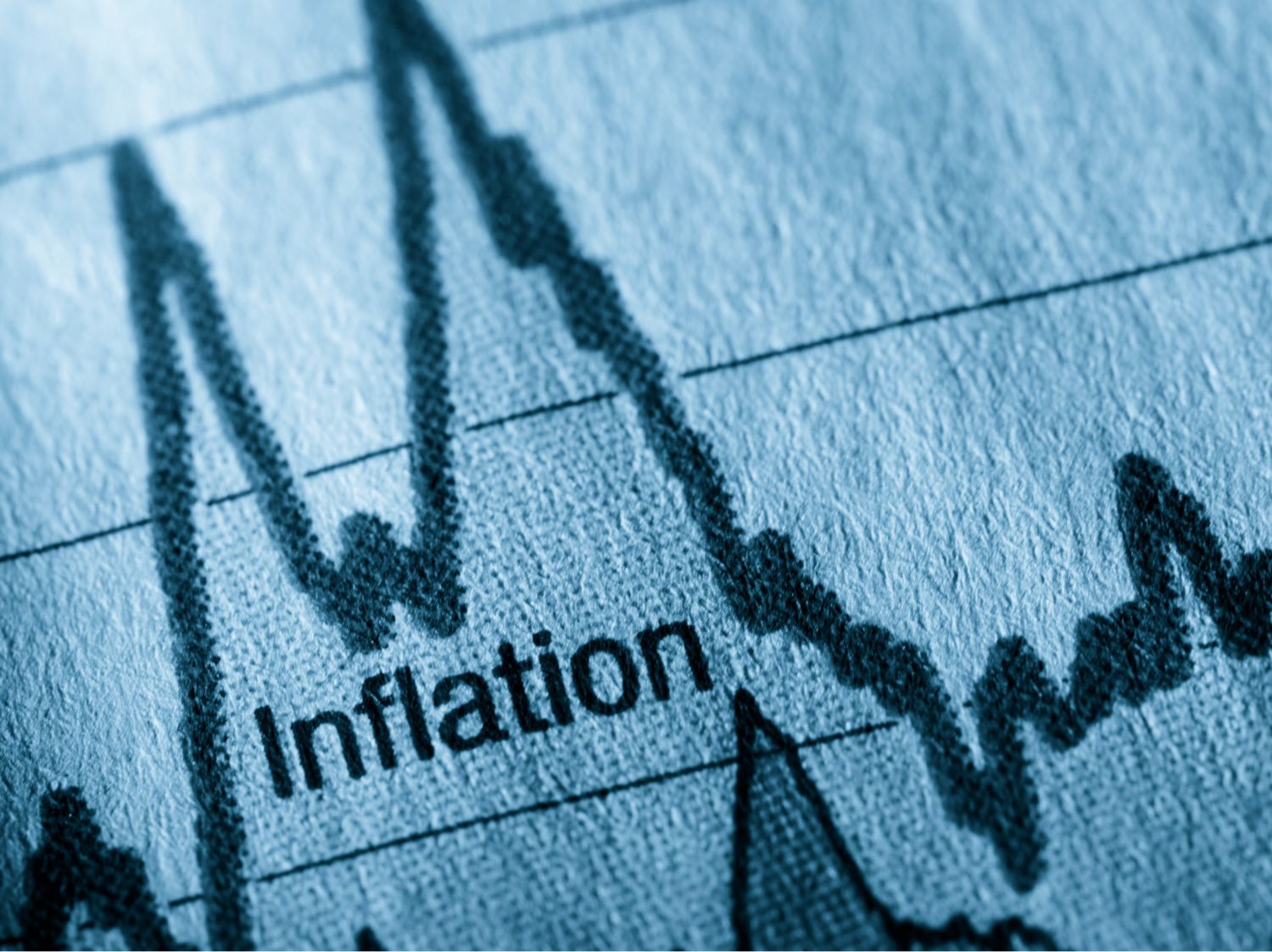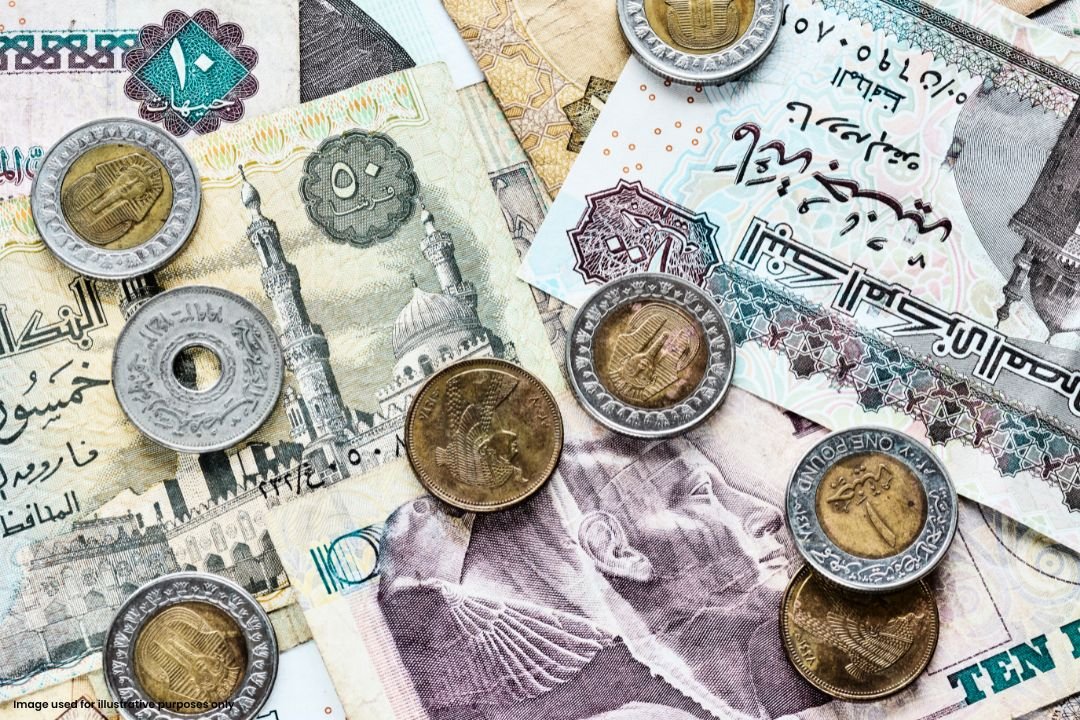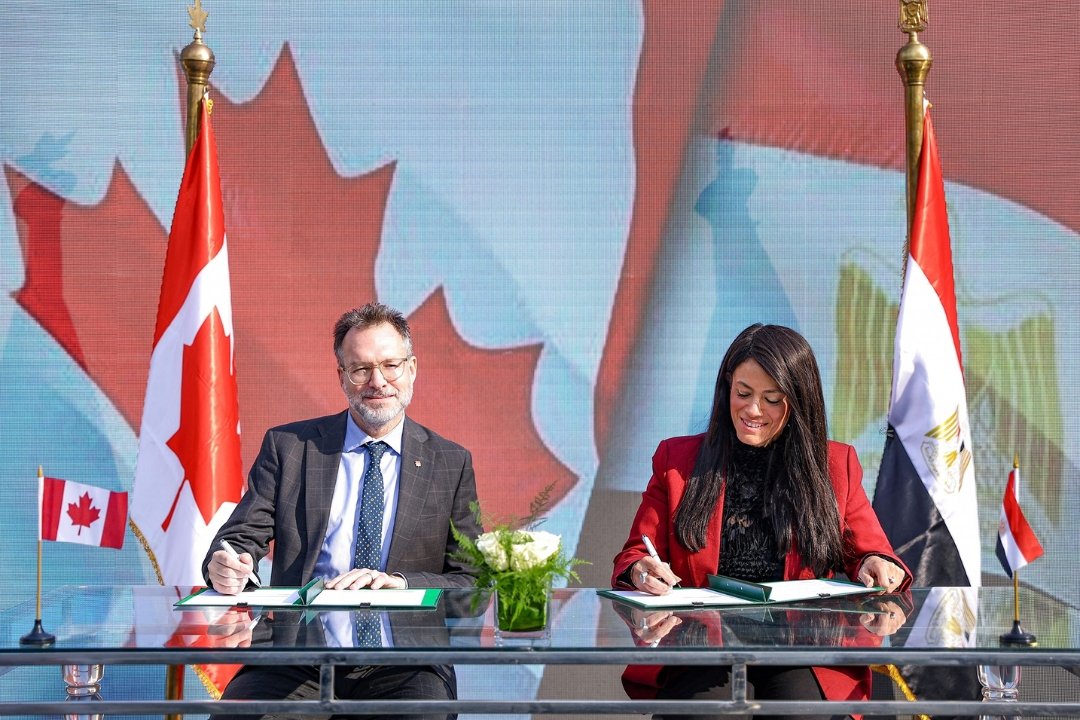Egypt’s annual inflation rate reached a new peak in July, as relentless price increases persist in the economically strained North African nation, according to official data released on Thursday.
Consumer prices surged by 38.2% compared to the previous year, up from June’s 36.8%, as reported by the state-run Central Agency for Mobilization and Statistics.
The primary contributors to this inflation were the average costs of food and beverages, which rose by 68.2% over the last 12 months, as highlighted by the agency’s data.
The soaring prices have inflicted significant hardships on Egyptians, particularly on working-class families, who are finding it increasingly challenging to cope with the rising cost of living. This price surge has been exacerbated since the Russia-Ukraine conflict unfolded last year.
Egypt, the world’s largest importer of wheat, traditionally relied heavily on supplies from eastern Europe, but a significant disruption occurred when Russia withdrew from an agreement that allowed Ukraine to export its grain globally.
Despite efforts by Egypt and other Middle Eastern nations to diversify their wheat sources and avoid shortages, the termination of this grain agreement has contributed to the escalation of global food commodity prices, including wheat, vegetable oil, and rice. Trade restrictions on rice from India have also played a role.
The central issue lies in the devaluation of currencies in countries like Egypt, which has led to higher costs for imported goods priced in U.S. dollars. Since the Ukraine conflict began in February 2022, the Egyptian pound has depreciated by over 50% against the dollar.
This currency depreciation has accelerated after Egypt’s government secured a $3 billion bailout arrangement with the International Monetary Fund (IMF) in October. As part of the deal, the Egyptian government committed to implementing various economic reforms, including transitioning to a flexible exchange rate.
An encouraging outcome of the currency’s decline is that Egyptian products have become more competitively priced on the global stage.
In the past year, the Central Bank of Egypt has taken steps to curb inflation by raising its key interest rates. In the latest adjustment, the overnight deposit rate, the bank’s fundamental lending rate, was increased from 18.25% to 19.75%.
Even before the conflict, Egypt experienced persistent price hikes. One factor behind this trend was an ambitious reform initiative initiated in 2016, aimed at rectifying longstanding imbalances in the country’s struggling economy.
Official statistics indicate that nearly one-third of Egyptians currently live in poverty.










